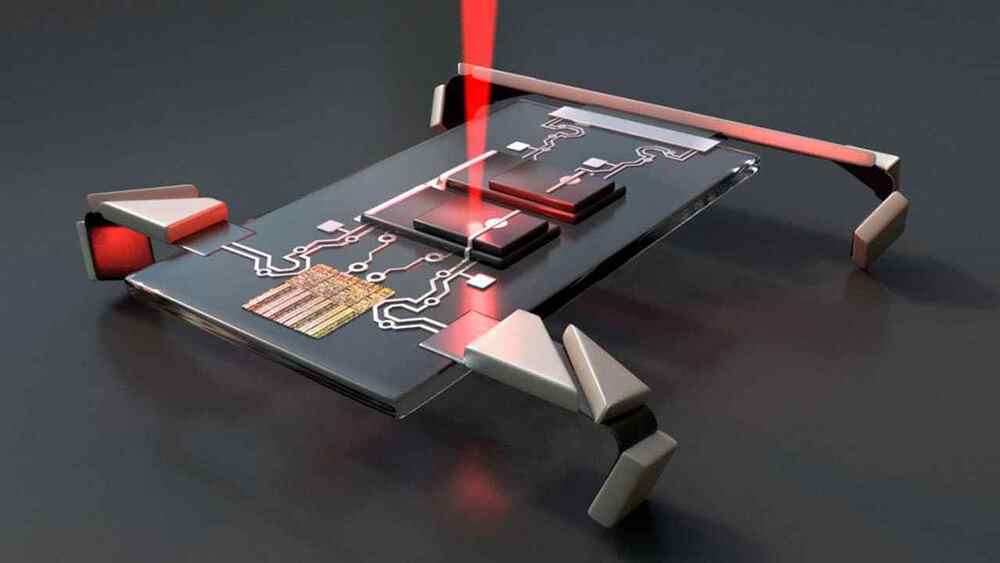Skeptical. But, wonder if will trigger major funding boost if true.
Any credible list of influential books about tech from the last decade would include AI Superpowers: China, Silicon Valley and the New World Order by Kai-Fu Lee. Considered the world’s foremost authority on artificial intelligence, Taipei-born Lee got an early start, writing a pioneering speech-recognition program while a student at Carnegie Mellon in the 1980s. He later had a career in China and the U.S. at Apple, Microsoft, Silicon Graphics and Google, where he was president of Google China. Now based in Beijing, Lee runs a venture capital firm called Sinovation, which focuses on AI investments. The interview with Lee took place (virtually) in early October.
Forbes Asia: AI Superpowers made you a global business star. Why did you write the book?
Kai-Fu Lee: China has—thanks to data, AI, and the entrepreneur ecosystem—rapidly evolved from a copycat into a true innovator. It currently co-leads artificial intelligence with the United States. When AI Superpowers came out in 2018, I think it was a bit surprising to people.




